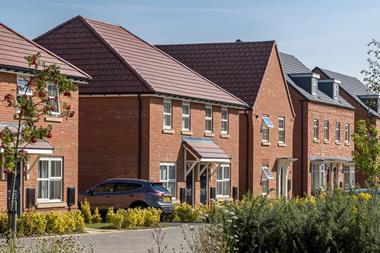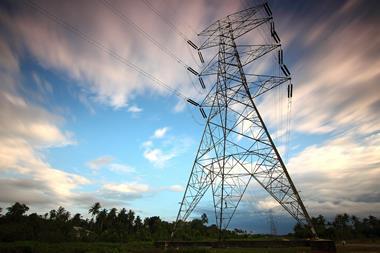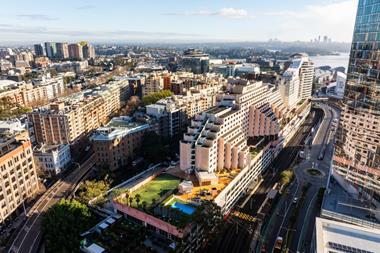The UK will need up to £400bn (€440bn) of green infrastructure investments over the next decade in order to meet its net-zero target, according to a report.
The report by PwC commissioned by the Global Infrastructure Investment Association (GIIA), revealed how existing UK infrastructure requires significant investment to deliver net-zero and predicts that £40bn investment per year is required in new low carbon and digital infrastructure if the government’s 2050 target is to be met.
This represents nearly a doubling of capital requirements, based on the UK’s infrastructure delivery plan, which in 2019 called for more than £20bn of annual private investment in real assets sectors such as energy, water and telecoms, PwC said in the Unlocking Capital for Net Zero Infrastructure report.
With government finances stretched post-COVID-19, private investment will be critical to achieving the required increases in spending to revolutionise infrastructure in power systems, buildings and industry, transport and digital, the report said.
According to the report, existing policy and frameworks are in place to drive low-cost investment capital into some net-zero infrastructure categories, however, for more than half of the required £40bn per annum investment requirement, there is currently “no policy framework to provide investors with sufficient confidence in long-term revenues and returns”.
“This means that investment in these assets has a relatively high risk and therefore the cost of financing is high, and in many cases may prove prohibitive,” the report said.
Colin Smith, infrastructure deals leader, PwC, said the UK’s net-zero target is an important marker in addressing the global climate crisis, but reaching this ambitious milestone will require huge sums of investment - both in new technologies and accompanying infrastructure.
“We know the capital and the desire to invest are there, but investors tell us that some of the structures needed to harness this are not. For the UK to fully succeed in its ambition, we believe government has a critical role to play in making net-zero investment work - by creating a clear vision for investment in our power networks, buildings and industry, our transport links and digital connectivity.
”Clear targets will be needed for each asset class and enabling policy frameworks developed to drive confidence and predictability in revenue streams. The post-Covid-19 landscape will provide us with a once-in-a-lifetime opportunity to transition to a low-carbon future, harnessing the forces of recovery towards a greener, fairer and more resilient economy.”
Lawrence Slade, GIIA CEO, said: “Private capital stands ready to help turn the UK’s ambitious net-zero agenda into reality through the delivery of environmentally and socially responsible infrastructure, but investors need additional clarity from government around the policy and regulatory framework that will cover these investments.
“The delivery of a clear and compelling Net Zero infrastructure roadmap is a crucial first step in unlocking the investment needed to decarbonise our economy and ensure a cleaner, greener future.”
Janine Freeman, energy transition leader at PwC UK and report co-author, said: “It is vital that we keep the cost of net-zero investment down so the UK must attract low-cost capital which can be deployed at the scale and pace required to meet the 2050 target.
“The good news is that there is an abundance of this kind of long term, patient capital within a growing number of UK and international institutional investment funds such as pension funds, infrastructure funds and sovereign wealth funds.”
To read the digital edition of the latest IPE Real Assets magazine click here.















